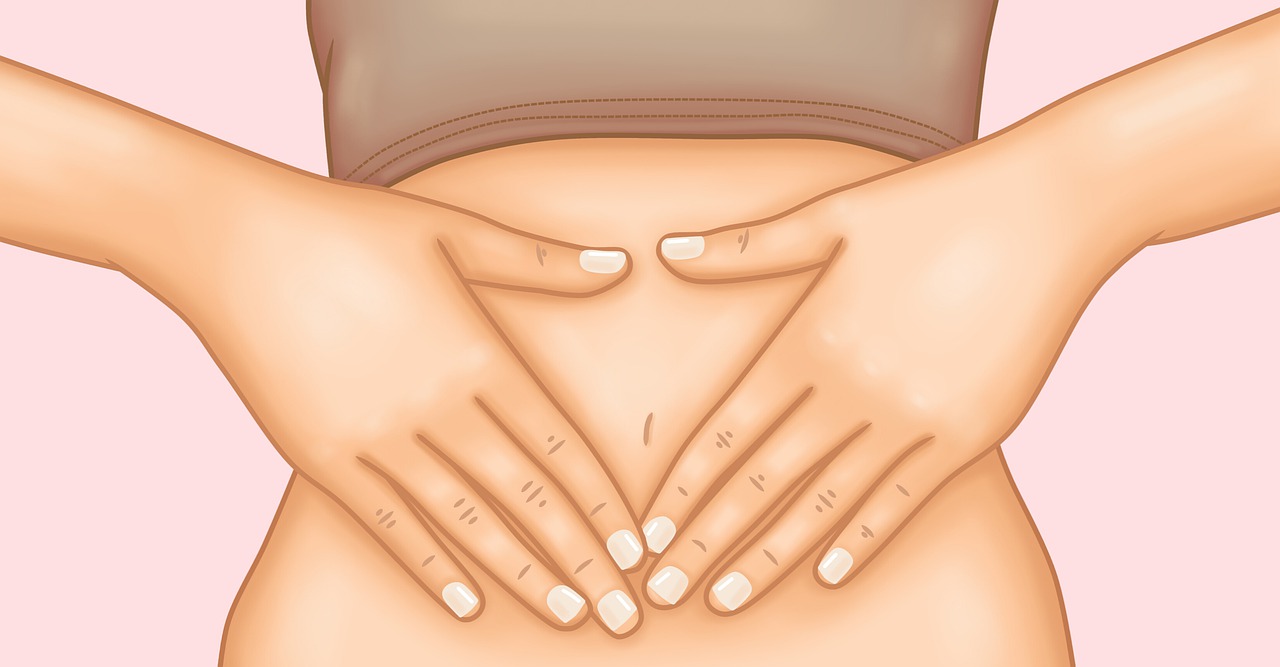
Psychobiotics are helpful bacteria (probiotics) or support for these bacteria (prebiotics) that influence the relationship between bacteria and brain. Human digestive system houses around 100 trillion of these bacteria, outnumbering the human body cells 10:1. Probiotics provide a great deal of functions vital to our well-being, like supporting the digestion process and improving the absorption of nutrients. Based on the latest research, helpful gut bacteria that can also positively affect the brain – psychobiotics – benefit people suffering from chronic stress, poor mood, or anxiety-like symptoms (1).
There are 3 ways how psychobiotics can affect your mental health.
- Brain chemicals like serotonin, dopamine, and noradrenaline can be produced in the intestines directly by gut microbiota.
- Battling with and protecting from stress by modifying the level of stress hormones.
- When an inflammation occurs, inflammatory agents elevated throughout the body and brain and cause depression and other mood and cognitive disorders. Psychobiotics can affect the brain by lowering inflammation.
Lactobacillus and Bifidobacterium are the most popular probiotics respect to mental health (1).
Disruption of the balance of gut bacteria is quite common due to the use of different kind of medications, antibiotics, artificial preservatives, poor food and water quality, herbicides, stress, and infections (2, 3, 4).
In order to support a healthy microbiota, one should start from eating a diverse range of foods rich in different plant sources. Foods that contain lots of fiber or are fermented also promote the growth of beneficial gut bacteria. Excessive consumption of sugar and artificial sweeteners should be addressed. Managing the level of stress, exercising on a regular basis, not smoking and getting enough sleep are also important for keeping the microbiota in a good condition. When taking antibiotics, one should make sure to consume probiotics so the body could obtain the bacteria it needs to stay healthy.
For people needing help regarding mental health problems, psychobiotics may be a promising relief. Psychobiotics are well-adapted to intestinal environment and naturally modulate gut–brain axis, reducing the chance of adverse reactions. It is possible that even simple prescribing of particular diet may be sufficient to promote the selective proliferation of natural or therapeutically introduced psychobiotics (5). Further research focusing on the strain and dosage of psychobiotics, duration of treatment and nature of mental disorders will help to determine the most efficient ways of helping people to improve their mental health.
(1) Abhari A, Hosseini H (2018) Psychobiotics: Next generation treatment for mental disorders? J Clin Nutr Diet. 4:1. doi:10.4172/2472-1921.100063
(2) Carding et al (2015) Dysbiosis of the gut microbiota in disease. Microb Ecol Health Dis. 26: 10.3402/mehd.v26.26191
(3) Lozano et al (2018) Sex-dependent impact of Roundup on the rat gut microbiome. Toxicol Rep. 5:96–107. doi: 10.1016/j.toxrep.2017.12.005
(4) Paula Neto et al (2017) Effects of food additives on immune cells as contributors to body weight gain and immune-mediated metabolic dysregulation. Front Immunol. 8:1478. doi:10.3389/fimmu.2017.01478
(5) Kali (2016) Psychobiotics: An emerging probiotic in psychiatric practice. Biomed J. 39(3):223-224. doi:10.1016/j.bj.2015.11.004
